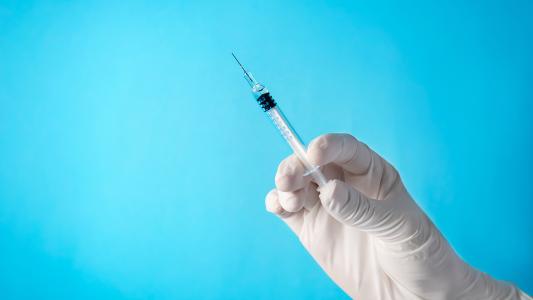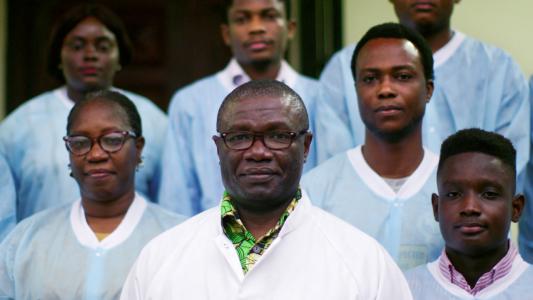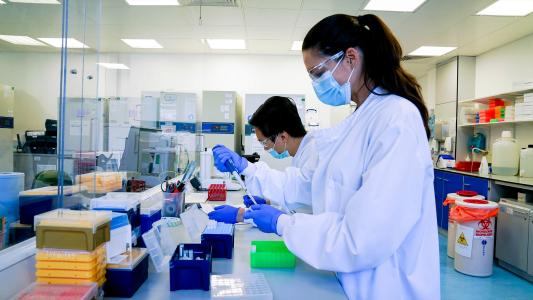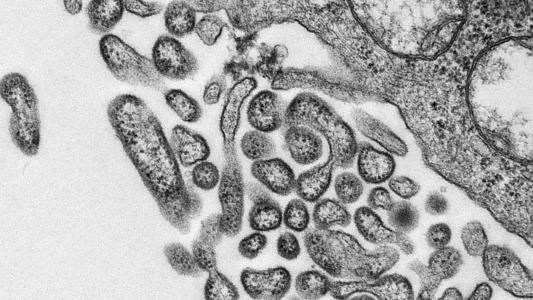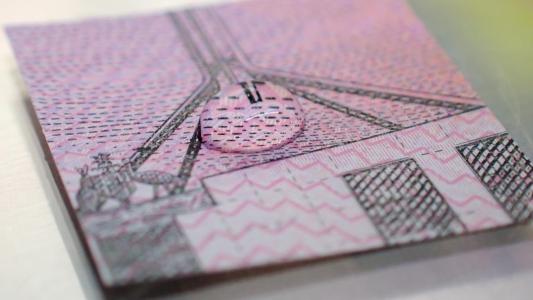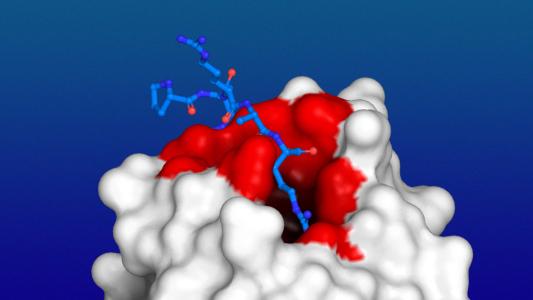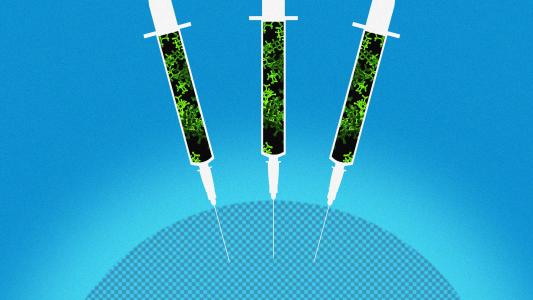Public Health
Can flu vaccines prevent COVID-19?
Researchers suspect that flu shots could prevent coronavirus infections, giving people yet another reason to get vaccinated.
A pandemic surveillance system for the planet
In partnership with Skoll Foundation
COVID-19 won’t be the last virus to threaten the global population, but new disease surveillance tech could catch the next outbreak before it even starts.
UK to launch first human challenge trial for COVID-19
The U.K. is funding a $44 million human challenge trial for COVID-19 during which healthy volunteers will be deliberately exposed to the coronavirus.
A deadly virus emerged in South Africa in 2008. Then it vanished.
A deadly new virus killed a South African safari agent and three others, then disappeared without a trace. What can we learn from a unique outbreak?
Patients report sudden hearing loss from COVID-19
Patients are experiencing sudden hearing loss from COVID-19, but if caught early enough, doctors can prevent the problem from becoming permanent.
The coronavirus can survive on surfaces for 28 days
The coronavirus can survive on surfaces, including money, for up to 28 days. But does that change what you need to do to avoid catching COVID-19?
Post-COVID-19 clinics offer hope to coronavirus survivors
Post-COVID-19 clinics are helping coronavirus survivors cope with lingering symptoms while helping researchers better understand the disease.
Comparing COVID-19 vaccines just got way easier
A newly formed network of labs will make it easier to compare COVID-19 vaccines by testing them all in exactly the same way, using the exact same supplies.
Pain relief from coronavirus may be helping it spread
Rather than feeling sick, some people may be getting pain relief from coronavirus — a discovery that could impact both the pandemic and the opioid epidemic.
A new molecule may take the edge off vaccines — and make them perform better
Adjuvants create a better vaccine immune response, but they also cause inflammation. A peptide may help curb their side effects while improving protection.
